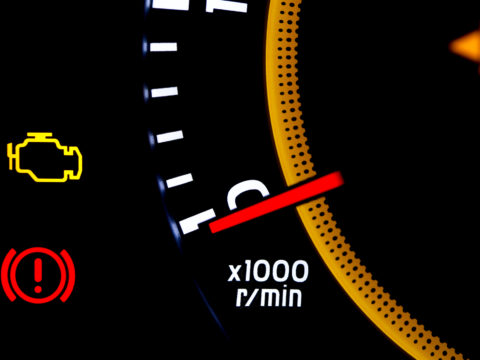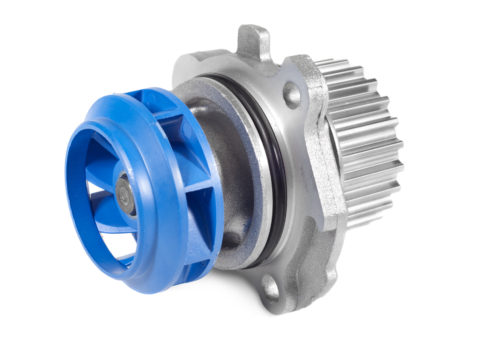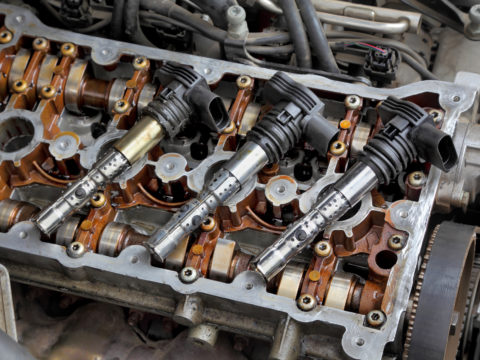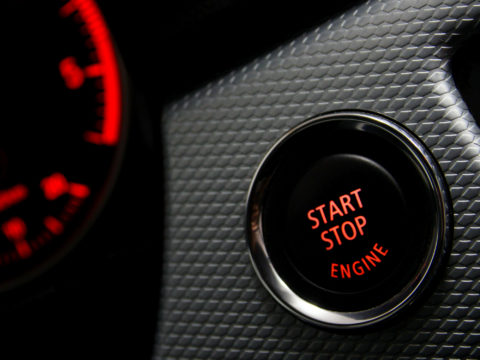Adding a turbocharger is an exciting way to increase your engine’s power. But how much HP does a turbo add?
It all depends on how big of a turbo you install and what other modifications you make to your engine. Overall, it’s an excellent way to get the most out of your car’s performance.
Today we will be looking into this question and providing some answers on the difference between single and twin turbos.
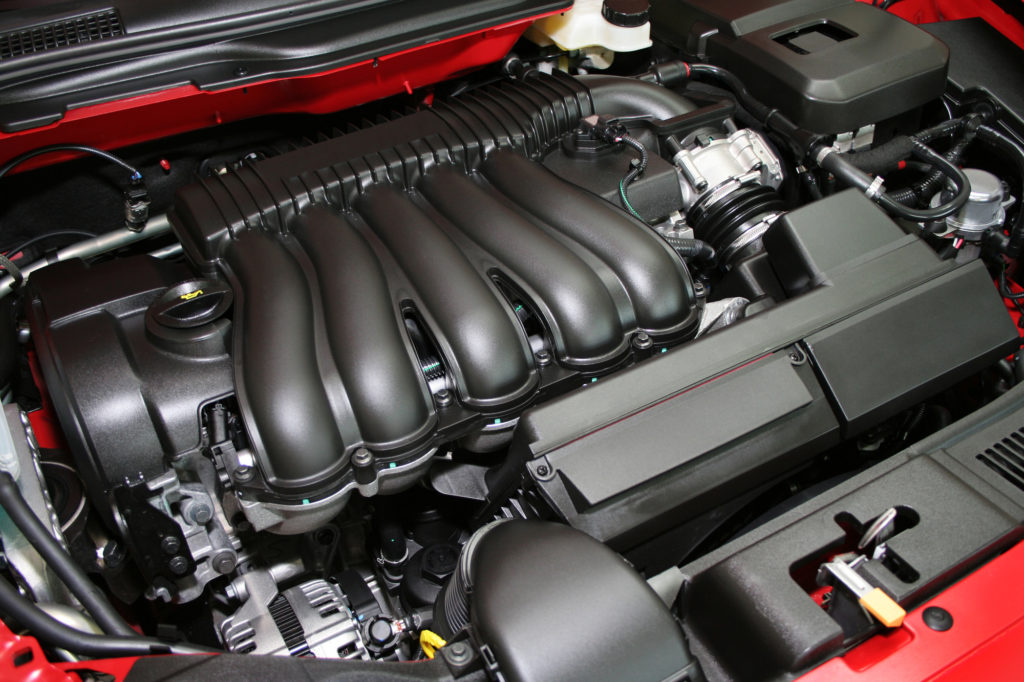
Contents
How Much HP Does a Turbocharger Add
Generally speaking, a turbocharger can add anywhere from 70 to 150 horsepower to your engine. This is a significant increase and can really help you take your car or truck to the next level.
Of course, how much hp your turbo adds will also depend on what other modifications you make to your engine. For example, installing a bigger turbo or making other changes to increase airflow will produce even more power gains.
If you have a powerful engine to start with, then a turbo can help you unleash its potential.
How Much Horsepower Does a Single Turbo Add?
A single turbo can add anywhere from 30 to 45 hp to your engine. This is a great way to increase your engine’s power without going too crazy.
Not to mention, a single turbo can be better for your fuel economy and is a more affordable option. It may be just the amount of power you need to take your car’s performance to the next level.
How Much Horsepower Does a Twin-Turbo Add?
A twin-turbo can add anywhere from 100 to 250 horsepower to your engine. This is a great way to really boost your engine’s power and help you achieve some impressive speeds. A twin-turbo can also be great for your fuel economy and help you get the most out of your engine.
Just be sure to make other modifications to your engine to accommodate the extra power, or you may end up doing some damage the harder you drive.
How Does a Turbo Work?
A turbocharger is a forced induction system that increases an engine’s power by forcing more air into the combustion chamber. The turbocharger is powered by the exhaust gasses from the engine and forces more air into the motor, which allows it to produce more power.
The great thing about the way a turbo works is that it doesn’t add much weight to the car and doesn’t use any extra fuel. In many cases, one will have better fuel economy with a turbocharged engine than without.
The power of the turbocharger kicks in between 1-2, 400 rpm, so it is essential that the engine can handle that power, or it will break.
You are essentially adding another cylinder to the engine by adding a turbocharger, so it is vital to make sure the engine can handle the extra power.
Twin-Turbo vs. Single Turbo
When looking to install a turbo, it’s crucial to understand the differences between twin-turbos and a single turbo. Twin turbos are essentially two turbochargers installed in parallel on the same engine.
It allows them to provide more power than a single turbo and is ideal for high-performance applications. A single turbo is a single turbocharger installed on the engine. This is a more typical setup and ideal for engines that don’t require much power.
A twin-turbo creates optimal work with air compression by having two turbos that spool at different rates. One turbo can be working while the other is resting, which helps avoid lag. It is why twin turbos are often found in high-performance applications.
A single turbo is more straightforward and less expensive. It can be an excellent option for engines that don’t require as much power. It also takes more time to build up power but has better top-end performance.
Twin turbos will give drivers more enhanced gas mileage than a single turbo. The main benefit of having a single turbo is the lower price and the more straightforward installation process.
It all comes down to your personal goals for your vehicle and what you hope to gain from the installation of a turbo. If you are looking for ultimate power and performance, then twin turbos are the way to go.
If you are looking for a simpler installation and a less expensive option, then a single turbo is excellent for an uptick in horsepower.
Turbocharged Engine vs. Normal Engine
Is a turbocharger necessary?
Let’s compare a turbocharged engine to a standard engine.
A turbocharged engine is a car or truck that has been modified with a turbocharger, which is a device that forces more air into the engine, thus creating more power. A turbocharged engine will have more power and be faster than a standard engine.
A turbocharged engine will also get better gas mileage than a regular engine because it is more efficient.
A standard engine is an engine that has not been modified with a turbocharger. A normal engine will have less power and be slower than a turbocharged engine. It will also get worse gas mileage than a turbocharged engine because it is less efficient.
| Turbocharged Engine | Normal Engine |
| Increased MPG | Standard MPG |
| No Lag in Takeoff or Reaching Top Speed | Possible Lag in Takeoff and Reaching Top Speed |
| Effortless Power | More Effort To Reach Power Output |
| Increase in Reliability | Standard Reliability Based on Manufacturer |
Horsepower in Different Turbocharged Engines
You can add a turbocharger to just about any engine. But how much horsepower will it add?
Let’s take a look at some different engines, and see how much horsepower they can produce with a turbocharger.
Did you know that adding a turbo to a diesel engine is more normal than adding one to a gasoline engine? Diesel engines are built to handle the extra stress that a turbocharger puts on the system, and they produce more horsepower than a gasoline engine.
A small gasoline engine, like the one found in a Honda Civic, will produce around 180-205 hp with a turbocharger with more effort. A large diesel engine, like the one found in a Chevy Silverado, will produce around 250-280 hp with a turbocharger effortlessly.
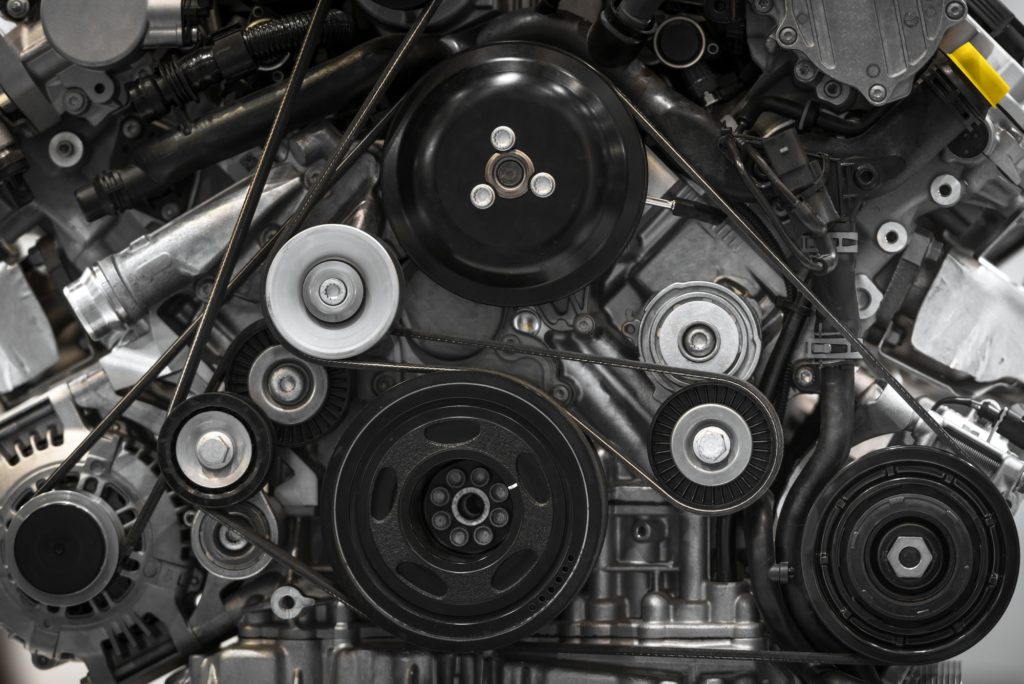
How Much HP Does a Turbo Add to a Diesel Engine?
A turbocharger can add a significant amount of horsepower to a diesel engine. The exact amount of horsepower will depend on the size of the turbocharger, and other modifications that are made to the engine.
However, a typical turbocharger can add anywhere from 70 to 150 hp to a diesel engine.
How Much Horsepower Does a Turbo Add to a 4 Cylinder Engine?
A turbocharger can also add a significant amount of horsepower to a four-cylinder engine. A typical turbocharger can add anywhere from 70 to 150 hp to a four-cylinder engine, roughly the same amount that it would add to the diesel engine.
How Much HP Does a Turbo Add to a V6?
The answer to this question can vary quite a bit, depending on the engine. However, a turbocharger can generally add anywhere from 50 to 100 horsepower to a V6 engine. This is a significant increase and can really help you take your car or truck to the next level.
Of course, how much hp your turbo adds will also depend on what other modifications you make to your engine.
How Much HP Does a Turbo Add to a V8?
A turbocharger can add anywhere from 50 to 150 horsepower to a V8 engine. It can be just what you need to give your car the extra push it needs to perform at its best. A turbocharger will enhance take-off time immensely.
How Much HP Does a Turbo Add to a 350z?
A turbocharger can add anywhere from 40 to 150 horsepower to the engine in a 350z. 350z’s are peppy cars meant to be driven. They come standard with 306 horsepower. Adding the turbocharger to a 350z engine has the potential to crank up the horsepower to 450.
Be sure to tune up the car when adding the turbocharger and look into other modifications to help the care run more efficiently in the long run.
How Much HP Does a Turbo Add to a 5.7 Hemi?
Adding a turbocharger to a 5.7 Hemi motor can increase horsepower by approximately 145 (125-145). This is a significant increase to a vehicle that already gets a 370 minimum horsepower.
While these cars may be built with room for enhancements, it’s still essential to have the installation done by someone knowledgeable and experienced. They will be able to diagnose any potential problems that could prevent the turbo from performing optimally.
Final Words
A turbocharged engine gives you more power and performance. It also helps improve fuel economy. With proper maintenance, it can extend the life of your engine.
You will also get better performance when taking off and passing other vehicles. We can’t leave out that a turbocharged engine sounds great and is a lot of fun to drive!
The main disadvantage of a turbocharged engine is that it can be less reliable than a naturally aspirated engine. Turbochargers are complex machines, and can sometimes fail. When this happens, it can be expensive to repair.
If you were thinking about installing a turbo in your vehicle, now you know how much horsepower a turbo adds to different types of engines, its benefits, and disadvantages. You can now decide if this is the best option for your case.

